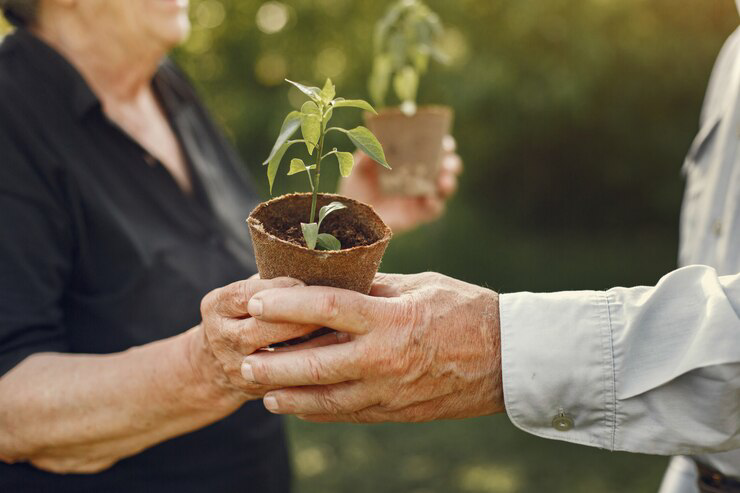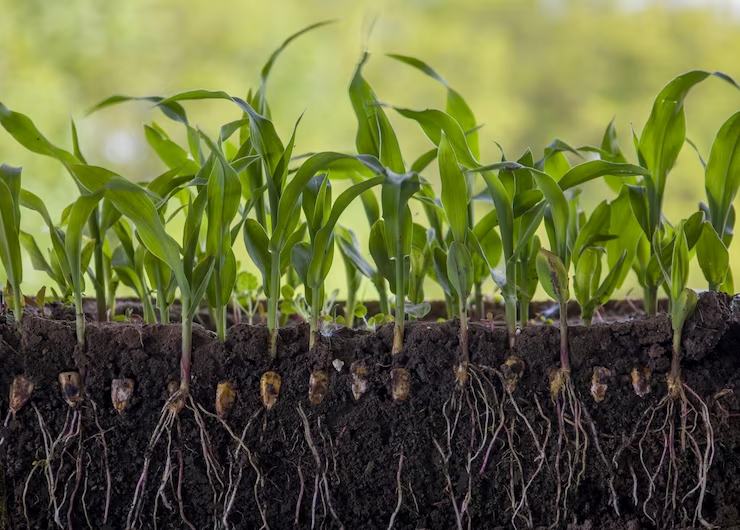Welcome to exploring the intricate tapestry that connects our agricultural past to the present—the Legacy of the Plantation System. In this article, we journeyed through time, unravelling the profound impact historical crop choices within the plantation system have left on modern agriculture. As we delve into this captivating narrative, we’ll navigate the complexities of cash crops and subsistence, uncover the global influences on crop selection, and discern the lessons that guide our farming practices today.
The agricultural landscape is a living canvas painted by the choices of those who tilled the soil centuries ago. The echoes of plantation agriculture reverberate in the crops we cultivate, the biodiversity we preserve or endanger, and the economic structures that underpin our societies. This exploration transcends historical chronicles; it is a lens through which we gain insights into sustainable practices, innovative approaches, and the shared responsibility we bear in shaping the future of agriculture.
Join me on this captivating journey as we unravel the stories woven into the very fabric of our fields. Together, let’s decipher the Legacy of the Plantation System and understand how crop choices continue to mould the contours of agriculture today.

Lessons from Plantation Agriculture
Picture this: vast plantations stretching across the horizon, each row meticulously planted with crops that would define an era. The historical roots of plantation agriculture run deep, and their impact extends far beyond the boundaries of the past. In this exploration, we’ll unravel the lessons learned from the choices made by our agricultural forebearers and how these lessons guide us toward sustainable practices for the future.
Lessons Learned from the Past
Plantation agriculture was a complex dance between profit and subsistence. Cash crops like sugar, tobacco, and cotton fueled economies and shaped the communities cultivating them. The lesson here is clear: the delicate balance between profit and sustenance is not a new challenge. As we face modern complexities, understanding this historical nuance becomes crucial.
Applying Insights to Modern Challenges
Today, our agricultural landscape grapples with issues ranging from climate change to food security. Yet, the experiences of those who cultivated the land before us offer a roadmap. We can navigate challenges and make informed decisions for a sustainable future by applying insights gained from historical crop choices.
Innovations and Sustainable Practices
The wheels of innovation in agriculture are always turning, influenced by the lessons learned from our agricultural heritage. From ploughs to precision farming, each innovation reflects a response to the challenges faced by those who toiled the soil before us. Let’s explore how modern innovations and sustainable practices are intricately tied to the legacy of plantation agriculture.
Learning from the Past
Imagine a farmer from the past transported to our time. They would marvel at the innovations that have transformed agriculture. Yet, the fundamental principles of good farming remain unchanged. Crop rotation, soil health, and water conservation are timeless practices bridging the gap between then and now.
Sustainable Farming Practices Inspired by the Past
Today’s farmers draw inspiration from the past, implementing practices that ensure the longevity of the land. Agroforestry, cover cropping, and integrated pest management are not just buzzwords but reflections of a commitment to sustainability rooted in historical wisdom.
Community Involvement and Education
Agriculture isn’t just about crops; it’s about communities. The decisions made in the past reverberate through generations, impacting the very fabric of society. In this section, we’ll explore the role of communities in shaping agricultural practices and the importance of passing down knowledge to future generations.
Communities Shaping Future Practices
Communities have always been at the heart of agriculture. Whether in the close-knit villages of the past or the interconnected global communities of today, the decisions made by farmers resonate beyond the fields. By actively involving communities in decision-making processes, we pave the way for practices that benefit all.
Educating Future Generations
The legacy of plantation agriculture isn’t confined to the soil—it lives on in the minds of those who follow. Education becomes a powerful tool, passing down the skills required to cultivate the land and the wisdom gained from centuries of trial and error. It’s not just about growing crops; it’s about growing a sustainable future.

A Call for Sustainable Agriculture
As we stand at the past and future crossroads, the call for sustainable agriculture echoes louder than ever. In this final section, we’ll reflect on the urgency of adopting sustainable practices, the role of individuals, communities, and policymakers, and the collective responsibility we bear in shaping the future of agriculture.
Urgency for Sustainable Practices
The challenges faced by modern agriculture are daunting, from the unpredictable impacts of climate change to the need for increased food production. Sustainable practices are not an option but a necessity. The urgency lies in recognizing that our choices today will be the legacy we leave for future generations.
The Role of Individuals, Communities, and Policymakers
Sustainability is a shared responsibility. Individuals making conscious choices, communities fostering sustainable practices, and policymakers creating frameworks prioritizing the health of the land—all play pivotal roles. It’s a collaborative effort where every action, no matter how small, contributes to a more sustainable agricultural future.
Conclusion
In closing our exploration of the Legacy of the Plantation System, we find ourselves standing at the intersection of history and the future of agriculture. The journey through time has revealed the choices made by those who tilled the land before us and the profound impact these decisions have on the agricultural landscape we navigate today. As we reflect on the lessons learned, innovations embraced, and the shared responsibility we carry, it becomes evident that the legacy of plantation agriculture is not confined to the past; it is a living force shaping our present and influencing our future.
The seeds sown by our agricultural forebearers are not merely crops in the field but guiding principles for sustainable practices. From the delicate dance between cash crops and subsistence to the global interconnectivity of crop choices, the narrative of plantation agriculture is a rich tapestry of wisdom. It speaks to the resilience of communities, the adaptability of farming practices, and the imperative of responsible stewardship.
As stewards of the land, we inherit the challenges and opportunities to cultivate a legacy that future generations will inherit with pride. Let this exploration catalyze collective action, a reminder that our choices today echo through time. May we, with a profound sense of responsibility and a commitment to sustainability, continue to shape an agricultural legacy that stands the test of time. Happy farming, fellow stewards. May our fields flourish with abundance and resilience.
